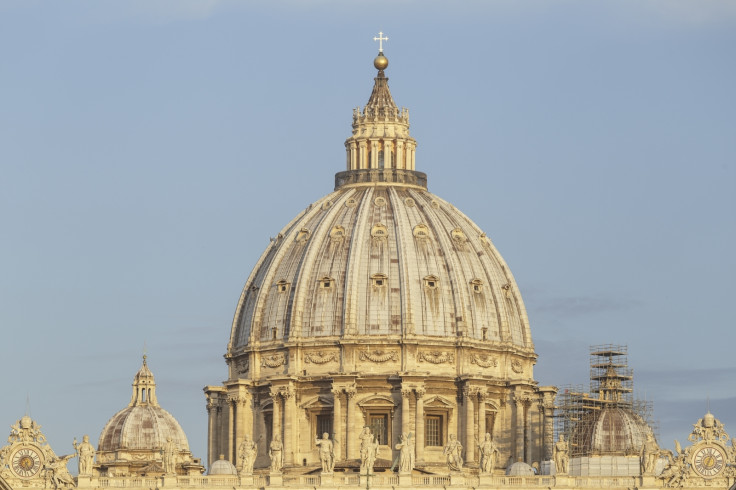Catholic order admits past offshore holdings in tax havens
Scandal-marred Legion of Christ Roman Catholic religious order pins blame on its disgraced founder.

The scandal-marred Legion of Christ Roman Catholic religious order admitted Tuesday (14 November) it had offshore companies in Caribbean tax havens in the past, but said they had been closed and that none was used for illegal activities.
In a statement, the Legion sought to blame its offshore corporate strategy on its disgraced founder, the Rev. Marcial Maciel. The Mexican-born Maciel, who died in 2008, sexually abused his seminarians and fathered three children, all while cultivating a cult of personality around himself that extended to the highest echelons of the Vatican.
The Legion's multi-million dollar offshore holdings, long the source of speculation given the order's studied cultivation of wealthy donors and fast expansion, were revealed in the so-called Paradise Papers leak.
Reports by a consortium of investigative journalists have detailed how lawyers and priests still currently active with the Legion helped manage the financial empire beyond Maciel.
Spain's El Confidencial reported that the Legion in 1994 created a corporation in Bermuda, IVS or International Volunteer Services, to receive the millions that the Legion made from its schools and universities.
The Legion denied El Confidencial's estimation that $300m ($228m) passed through IVS annually — it said IVS was set up but never used. The report said the fund was secretly liquidated in 2006, just before the Vatican sanctioned Maciel to live a life of penance and prayer for raping and molesting his seminarians.
In 2010, after the Legion publicly revealed the existence of his children, the Vatican took over the order entirely.
In the statement, the Legion said the Vatican-mandated inquiry into its financial management found no misappropriation of funds or other "irregularities." It said it currently had no offshore corporations or money invested in them.
The statement didn't explain why the offshore corporations were established. In theory, the Legion would have had at its disposal a tax haven in the form of an account at the Vatican bank, the Institute for Religious Works, where religious orders can keep their deposits and move money globally.





















